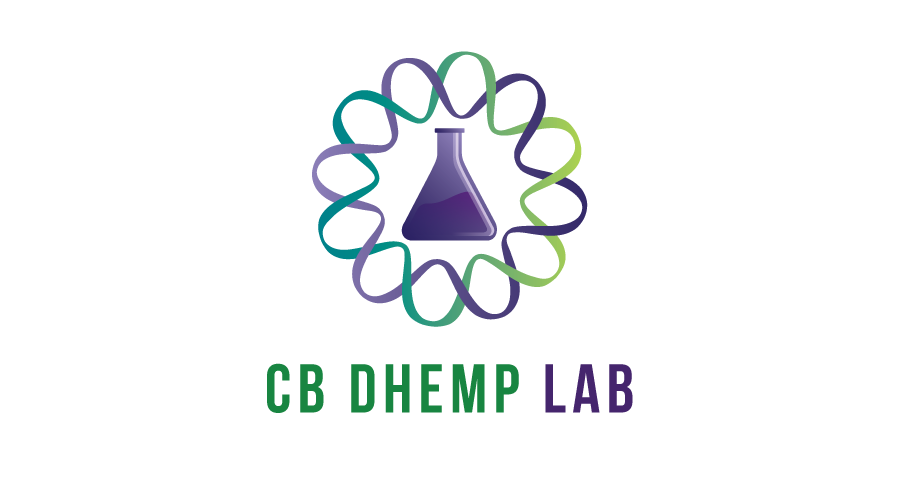CBD oil is gaining popularity in the beauty industry due to its potential benefits for the skin. It is also being used in a wide range of skincare products. CBD oil is said to have anti-inflammatory and antioxidant properties that help to soothe and improve various skin conditions. So, here is everything you need to know about using CBD oil for your skin problems:
What is CBD oil?
CBD, or cannabidiol, is a chemical compound in the cannabis plant. Unlike tetra hydro cannabinol (THC), CBD does not have psychoactive effects. This means it does not produce the “high” associated with marijuana use. CBD oil is made by extracting CBD from the cannabis plant and mixing it with a carrier oil, such as coconut or hemp seed oil. You can also buy CBD online from various stores.
What skin conditions can CBD oil help with?
CBD oil is beneficial for various skin conditions, including acne, eczema, psoriasis, rosacea, and dermatitis. CBD’s anti-inflammatory properties help to reduce inflammation and redness associated with these conditions, while its antioxidant properties protect the skin from damage caused by free radicals. So, here is a list of skin problems that can easily be treated with CBD oil:
Acne: Acne is a common skin condition affecting millions worldwide. It is characterized by pimples, blackheads, and whiteheads that appear on the face, neck, chest, and back. Acne is caused by a combination of factors, including excess oil production, clogged pores, and inflammation.
CBD oil can reduce acne by regulating oil production and reducing inflammation. CBD oil can inhibit oil production and reduce inflammation in the sebaceous glands, which produce oil in the skin. This can reduce the occurrence of acne breakouts.
Psoriasis: Psoriasis is a chronic autoimmune disorder that causes skin cells to grow too quickly, resulting in thick, scaly patches on the skin. It is a painful and uncomfortable condition that can be difficult to manage. Traditional treatments for psoriasis include topical steroids, immunosuppressants, and phototherapy.
CBD oil offers a natural and effective alternative to traditional psoriasis treatments. It can inhibit the proliferation of keratinocytes, which are the cells that produce the scaly patches in psoriasis. CBD oil can also reduce inflammation and relieve pain associated with psoriasis.
Eczema: Eczema, or atopic dermatitis, is a chronic skin condition that causes red, itchy, and inflamed skin. It is believed to be caused by genetic and environmental factors. Eczema can be difficult to manage, and traditional treatments often involve topical steroids that can have unwanted side effects.
CBD oil offers a safe and effective alternative to traditional eczema treatments. Investigations have found that CBD oil can reduce skin inflammation and itching in people with eczema. CBD oil can also improve skin barrier function and reduce the occurrence of eczema flare-ups.
Rosacea: Rosacea is a chronic skin condition that causes redness, flushing, and bumps on the face. It is a common condition that affects millions of people worldwide. Rosacea is believed to be caused by genetic and environmental factors.
CBD oil can quickly reduce inflammation and redness associated with rosacea. A study revealed that CBD oil could reduce the production of inflammatory cytokines in the skin, reducing the occurrence of rosacea.
Wrinkles and fine lines: Wrinkles and fine lines are common nowadays. These types of skin conditions mostly occur with age. The skin starts to look dull. People try various traditional treatment options to eliminate wrinkles and fine lines, but none are as effective as CBD oil.
CBD oil can reduce oxidative stress in the skin, which can help prevent wrinkles and fine lines. It also has hydrating properties, which can improve the skin’s texture and elasticity.
How does CBD oil work for skin problems?
CBD oil interacts with the endo cannabinoid system (ECS) in the body. The ECS is a complex network of receptors and molecules that helps regulate many bodily functions, including skin health. When CBD oil is applied to the skin, it can interact with the ECS receptors in the skin, potentially providing therapeutic effects.
CBD oil has anti-inflammatory properties, which may make it helpful for skin problems such as acne, psoriasis, and eczema. Inflammation is a common cause of skin irritation and redness, and reducing inflammation may help improve skin health.
CBD oil can regulate sebum production. Sebum is an oily substance produced by the skin’s sebaceous glands. When produced in excess, it can lead to acne. CBD oil can regulate sebum production, potentially reducing the likelihood of acne breakouts.
CBD oil also has antioxidant properties, which can protect the skin from free radicals. Free radicals are unstable molecules that can damage cells and contribute to aging and disease. Antioxidants neutralize free radicals, potentially promoting healthier, more youthful-looking skin.
How should I use CBD oil on my skin?
CBD oil can be applied topically to the skin in a variety of ways, including:
CBD-infused creams and lotions: These products are specifically formulated to be applied directly to the skin and may contain other ingredients, such as essential oils, to provide additional benefits.
CBD oil tinctures: CBD oil tinctures can be added to your favorite moisturizer or serum for an added boost of CBD.
CBD oil edibles: CBD oil edibles can be taken orally and may benefit the skin from the inside out.
When applying CBD oil topically, starting with a small amount and gradually increasing it as needed is important. Additionally, it is a good idea to patch-test a small area of skin before using a new CBD product to ensure that you do not have an adverse reaction. Also, if you are willing to know more about buying CBD oil online, you must visit our store and pick the right kind of products for yourself.



